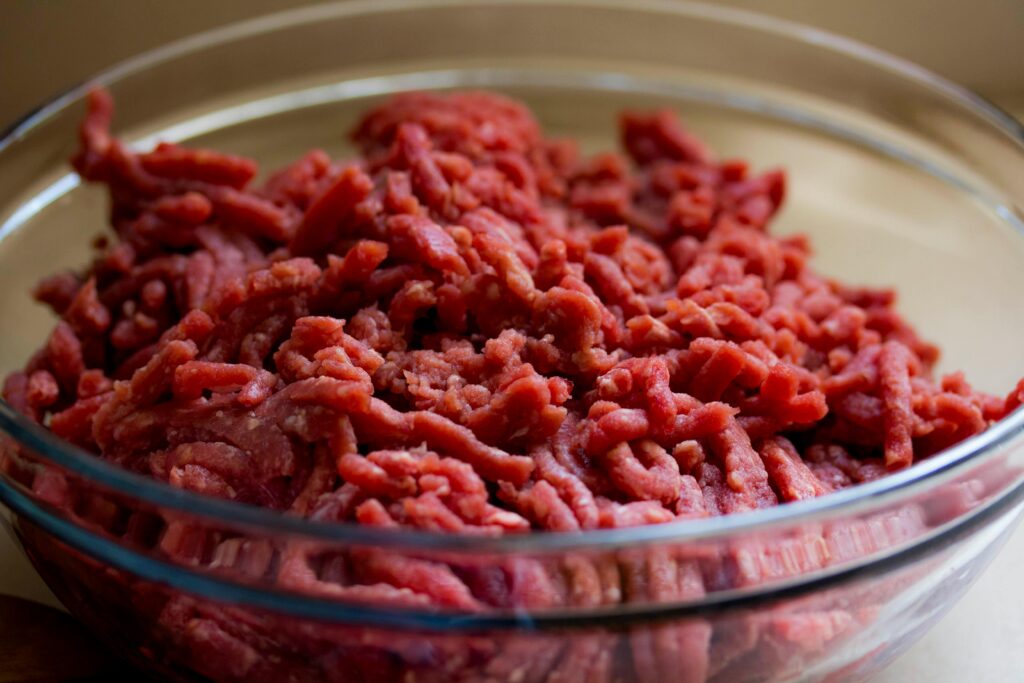In this post, we will delve into the recent E. coli alert that has prompted the recall of ground beef and organic walnuts. We will explore the risks associated with E. coli contamination, understand the symptoms of infection, and provide essential tips on kitchen safety and food handling practices to prevent such incidents in the future. Let’s navigate through the contamination chronicles and unveil the facts surrounding this recall with a focus on health first aid and preventative measures.
- Unveiling E. coli: Risks and Symptoms Demystified
- Contamination Chronicles: What Triggered the Ground Beef and Walnuts Recall
- Kitchen Safety 101: Handling and Cooking Ground Beef without Risks
- Nutty Concerns: Navigating the Recall and Ensuring Walnut Safety
- Health First Aid: Recognizing and Managing E. coli Symptoms
Ground Beef Recall: Understanding the Risks
E. coli contamination is a serious health concern that can result in foodborne illnesses, with ground beef being a common culprit. Understanding the risks associated with E. coli contamination in ground beef is crucial for safeguarding your health and the health of your loved ones.
Symptoms of E. coli Infection
The symptoms of an E. coli infection can range from mild to severe and may include abdominal cramps, diarrhea (often bloody), nausea, and vomiting. In more severe cases, it can lead to kidney failure. Recognizing these symptoms early on is essential for seeking prompt medical attention and treatment.
- Severe stomach cramps
- Diarrhea, often bloody
- Nausea and vomiting
- Fever
- Fatigue
- Loss of appetite
- Dehydration (in severe cases)
- Kidney failure (in rare, severe cases)
Cooking Ground Beef Safely
One of the most effective ways to prevent E. coli contamination in ground beef is by ensuring proper cooking practices. Make sure to cook ground beef to an internal temperature of 160°F (71°C) to kill any harmful bacteria present. Avoid consuming undercooked or raw ground beef to reduce the risk of foodborne illnesses.
Handling Raw Meat with Care
Proper handling of raw meat, including ground beef, is vital in preventing cross-contamination and reducing the risk of E. coli exposure. Always store raw meat separately from ready-to-eat foods, use separate cutting boards and utensils for raw meat, and wash your hands thoroughly after handling raw meat to avoid spreading harmful bacteria.
Organic Food Labeling: Ensuring Safety
When purchasing ground beef and organic walnuts, pay attention to labeling and certifications to ensure product safety. Look for organic labels from reputable certifying bodies and verify the source of the products to minimize the risk of E. coli contamination. Prioritize purchasing products from trusted suppliers to safeguard against foodborne illnesses.
Preventing Foodborne Illnesses: Essential Guidelines
Implementing proper food safety guidelines in your kitchen is the key to preventing foodborne illnesses and E. coli contamination. By following these essential guidelines, you can protect yourself and your family from potential risks associated with consuming contaminated foods.
Regularly Wash Hands and Surfaces
Proper handwashing is crucial in preventing the spread of harmful bacteria, including E. coli. Wash your hands thoroughly with soap and water before and after handling raw meat, using the bathroom, or touching any surfaces that may be contaminated. Additionally, regularly sanitize kitchen surfaces and utensils to prevent cross-contamination.
Separate Raw Foods from Ready-to-Eat Foods
To avoid cross-contamination, always keep raw meats, including ground beef, separate from ready-to-eat foods such as fruits and vegetables. Use different cutting boards, plates, and utensils for raw meats to prevent the transfer of harmful bacteria. Store raw meats in the refrigerator away from other foods to minimize the risk of contamination.
Practice Safe Cooking Methods
When cooking ground beef, ensure that it reaches the recommended internal temperature to kill any bacteria present, including E. coli. Use a food thermometer to check for doneness, and avoid consuming rare or undercooked ground beef. Proper cooking methods are essential for food safety and reducing the risk of foodborne illnesses.
By following these food safety guidelines and implementing best practices in your kitchen, you can lower the risk of E. coli contamination and protect yourself and your loved ones from foodborne illnesses. Prioritize proper handling, cooking, and storage of foods to safeguard your health and well-being.

The recent E. coli alert resulting in the recall of ground beef and organic walnuts serves as a reminder of the importance of food safety practices in our daily lives. By understanding the risks associated with E. coli contamination, recognizing the symptoms of infection, and following essential guidelines for handling and cooking foods, we can protect ourselves from foodborne illnesses.
It is crucial to prioritize kitchen safety, proper food handling, and adherence to cooking guidelines to minimize the risk of E. coli exposure and ensure the safety of the meals we consume. By staying informed, practicing vigilance in our food preparation routines, and being mindful of product labeling and sources, we can take proactive steps to safeguard our health and well-being against potential outbreaks and contaminations. Let’s continue to prioritize health first aid, preventative measures, and safe food practices to promote a healthier and safer culinary experience for all.

